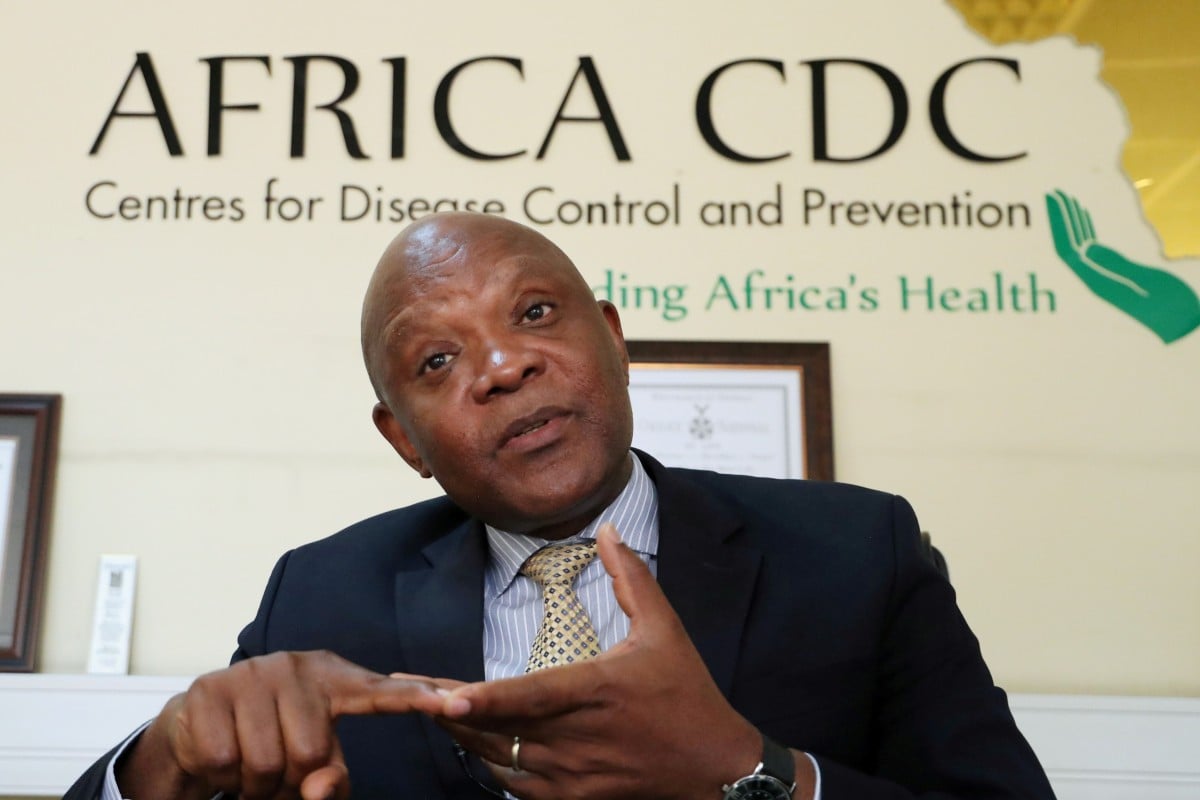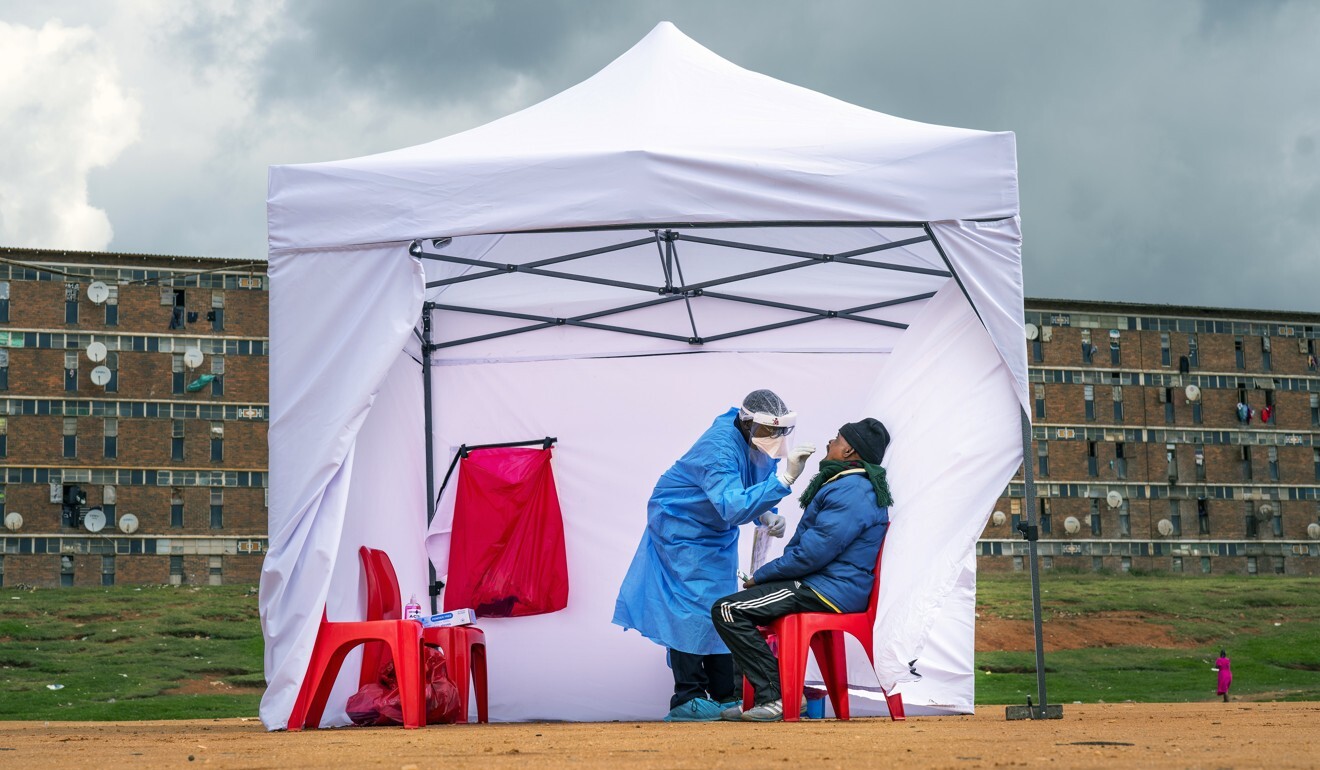
The Indian Ocean island nation, off the east coast of Africa, said it had not reported new cases of the disease since the last positive case reported almost a month ago.
“As of today, there are no active Covid-19 cases. Mauritius has shown that it can be one of the countries that can beat coronavirus and it has done so by being very proactive,” Health Minister Dr Kailesh Kumar Singh Jagutpal told the WHA.
Jagutpal said the island took precautions against the virus as far back as January 23 after the first cases of deaths in the central Chinese city of Wuhan were reported.
He said that acting quickly, increasing testing, providing personal protective equipment and imposing lockdowns had helped the country escape a potential catastrophe. When three cases of Covid-19 were detected on March 19, the country imposed nationwide confinement for two weeks, which has been extended three times to June 1. Mauritius had since reported 322 cases with 10 deaths.
Mauritius represents a small group of countries in Africa, including Seychelles, that have managed to slow down or contain the spread of Covid-19, the disease caused by the new coronavirus.
While several countries such as Nigeria, Ghana, Algeria and South Africa have in the past month recorded a surge in coronavirus cases, the increase has not been as dramatic as in other parts of the world including Europe and the United States. There were concerns in war-torn nations like Somalia and South Sudan that ongoing conflict might make containment difficult.
At the start of the coronavirus crisis, a number of observers predicted that people would die en masse on the continent as health care systems were overwhelmed.
In April, the United Nations Economic Commission for Africa (Uneca) predicted that between 300,000 and 3.3 million Africans could lose their lives in the pandemic, depending on interventions to stop the spread. A few weeks later, the WHO forecast that if containment measures failed, Africa could see 29 million to 44 million infected in the first year of the pandemic – and 83,000 to 190,000 dead.

On Wednesday Uneca’s new policy brief on the impact of Covid-19 said early estimates were pessimistic regarding the pandemic’s impact on the continent.
“The relatively low numbers of Covid-19 cases reported thus far have raised hopes that African countries may be spared the worst of the pandemic,” Uneca said. The report said while the virus was present in all African countries, most countries had recorded fewer than 1,000 cases.
However, caution was warranted, as “these are early days in the life cycle of a disease that is still not fully understood and where we have seen repeated patterns of first slow, then exponential growth in the number of cases”.
Early analysis by the WHO suggests that Africa’s lower mortality rate may be the result, in part, of demography. Africa is the youngest continent, with more than 60 per cent of the population under the age of 25. Older adults have a significantly increased risk of developing a severe illness. In Europe, for example, nearly 95 per cent of coronavirus deaths occurred in those older than 60.
“For now Covid-19 has made a soft landfall in Africa, and the continent has been spared the high numbers of deaths which have devastated other regions of the world,” said Dr Matshidiso Moeti, WHO regional director for Africa. “It is possible our youth dividend is paying off and leading to fewer deaths. But we must not be lulled into complacency as our health systems are fragile and are less able to cope with a sudden increase in cases.”
Moeti said Ivory Coast had also reduced the spread of cases to the periphery by building on existing primary health care interventions, while South Africa and Mauritania had mobilised thousands of community health workers.
As of Thursday, the continent of 1.3 billion people had reported just over 100,000 cases, with 3,000 deaths. This compared with more than 1.5 million confirmed cases with more than 94,000 deaths in the US, and 1.7 million cases with over 166,000 deaths in Europe.
Matthew Kavanagh, a professor of global health at Georgetown University, said the numbers were probably the result of a combination of low reporting and successful response in several African countries.
“We have seen strong mobilisation of community-based efforts to screen, trace, and isolate people with Covid-19 and that is showing clear benefits,” Kavanagh said.
He said South Africa was a good example of where there had been a substantial number of cases, but the national response appeared to be succeeding so far in blunting the impact of the outbreak.
At the same time, Kavanagh said, most African countries were not able to get sufficient testing supplies and therefore the number of cases reported was almost certainly undercounting the actual disease burden.
“It is also true that most countries on the continent do not have strong vital records systems – so it is very hard to say what portion of deaths is occurring due to Covid-19,” he added.
The Africa Centres for Disease Control and Prevention said new infections remained nearly the same for the past two weeks. From May 14 to May 20, Africa had 21,677 new cases, compared to 20,771 new infections from May 7 to May 13.
“We have not seen significant changes there,” said Dr John Nkengasong, director of the Africa CDC.
Nkengasong, the man leading Africa’s response to the pandemic, said some projections showed that countries like Kenya would record about 20,000-50,000 cases of Covid-19 before Easter but that was not the case. As of Friday, Kenya had recorded 1,161 cases and 50 deaths.
Nkengasong said that as early as the first week of February when the continent had no cases of Covid-19, several countries started an aggressive approach to scale up diagnostics.
“We pooled people into Senegal from 16 countries and trained them on Covid-19 diagnostics,” he said.
The selection was based on countries that had scheduled flights to China, which was the first country to report coronavirus cases. The continent’s first case of Covid-19 was in Egypt on February 14, followed by others in Nigeria, “but thereafter we had massive importations from Europe”.
“This is a very important lesson we have to learn, that a disease outbreak anywhere in the world would be a threat everywhere in the world,” Nkengasong said.
He said Africa’s strategy remained to ramp up testing, tracking and tracing, adding that the continent had almost hit its target of distributing a million test kits last month.
Nkengasong said that in coming weeks the Africa CDC aimed to reach its next target of distributing 10 to 15 million new test kits. The target is to test 1 per cent of Africa’s population, or about 13 million people. But so far, he said, between 1.3 million and 1.4 million had been tested for the coronavirus, with South Africa in the lead in terms of the number of tests due to its stronger health systems.
He said it was assumed that the number of infections was probably higher than the total of reported cases so far, as testing capacity was limited. But he was also encouraged that there was no surge in the number of community deaths.
“We are also not seeing massive flooding of our hospitals because of Covid-19 infected patients. So, we are encouraged,” Nkengasong said on Thursday.
He added that if the worst-case scenario of 3 million infections and 300,000 deaths eventuated, that “would be overwhelming for sure since our health systems are weak. We do not build health systems when we need them, you build health systems before you need them.”


No comments:
Post a Comment